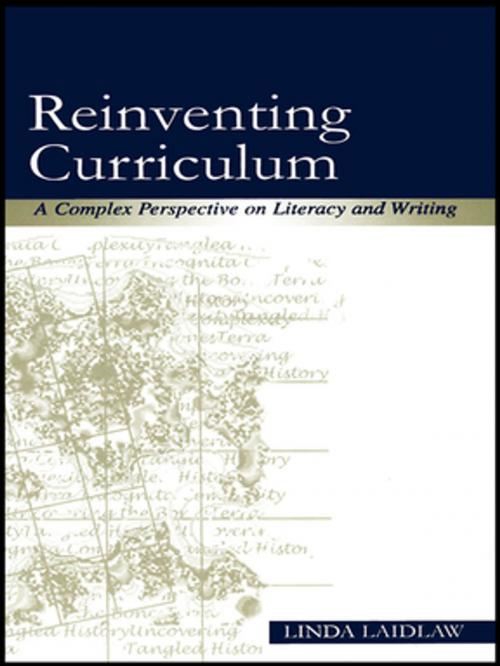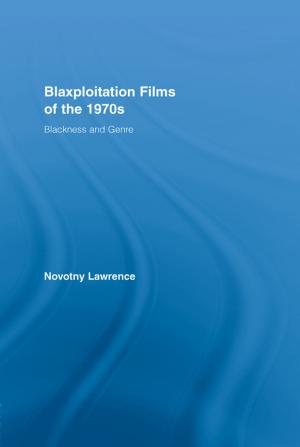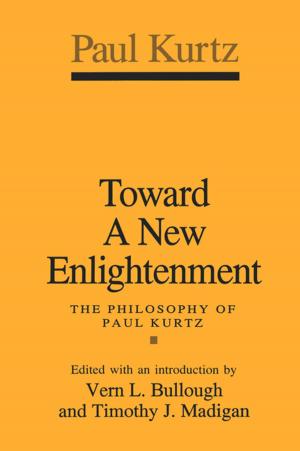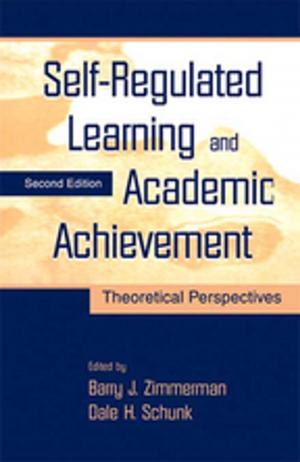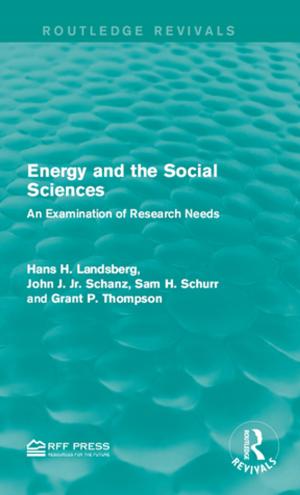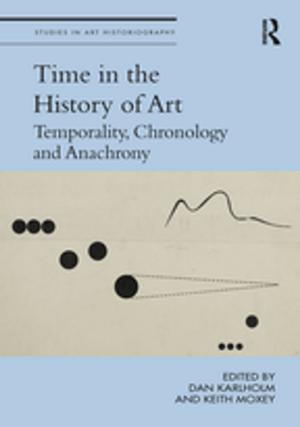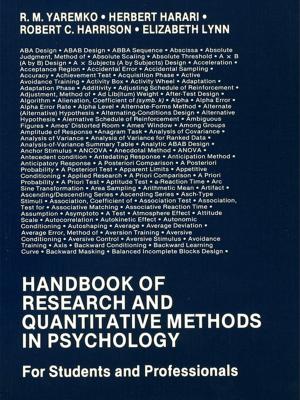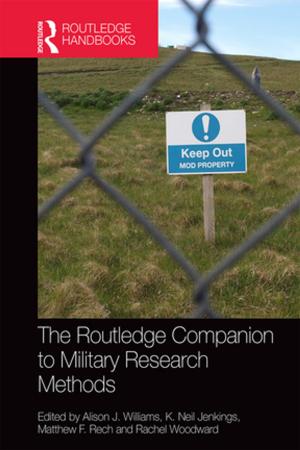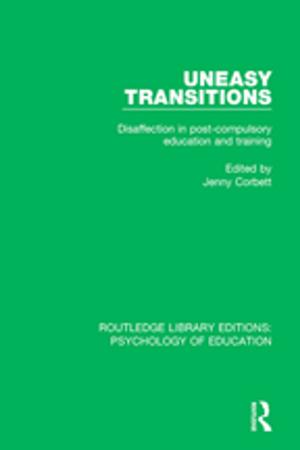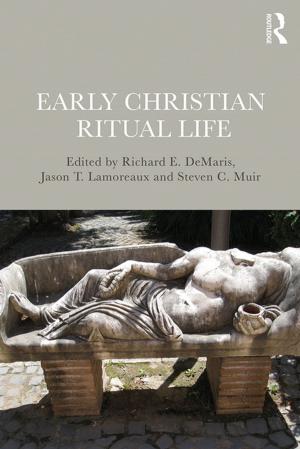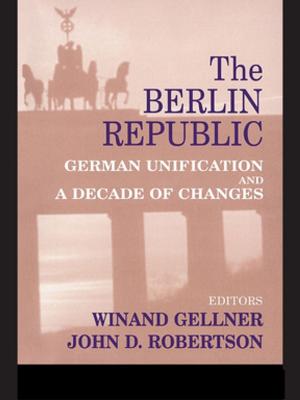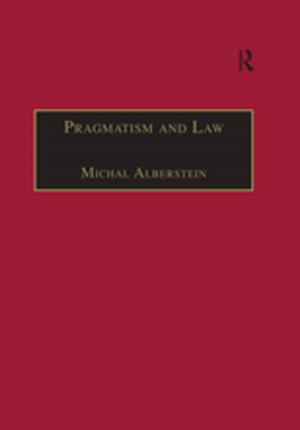Reinventing Curriculum
A Complex Perspective on Literacy and Writing
Nonfiction, Reference & Language, Education & Teaching, Educational Theory, Curricula, Language Arts, Literacy| Author: | Linda Laidlaw | ISBN: | 9781135610692 |
| Publisher: | Taylor and Francis | Publication: | May 6, 2005 |
| Imprint: | Routledge | Language: | English |
| Author: | Linda Laidlaw |
| ISBN: | 9781135610692 |
| Publisher: | Taylor and Francis |
| Publication: | May 6, 2005 |
| Imprint: | Routledge |
| Language: | English |
In this book, Linda Laidlaw explores the questions: What happens when children begin to write? Why is it that the teaching and practice of writing seems at times to be difficult in schools? How might teachers work differently to create more inviting spaces for developing literacy? The premise is that written texts and literacy processes are developed within a complex "weave" of particular contexts, or ecologies, and the unique particularity of the learner's experiences, histories, memories and interpretations. Laidlaw offers new information about writing and literacy pedagogy linked to current research in the complexity sciences and cognition, and considers the possibilities that might emerge for pedagogy when alternative metaphors, images, and structures are considered for writing and curriculum. The volume includes qualitative and narrative description of writing and literacy situations, events, and pedagogy, and elaborates the historical, theoretical, and curricular background in which such instruction exists within contemporary schooling.
Reinventing Curriculum: A Complex-Perspective on Literacy and Writing:
*addresses literacy through a focus on writing rather than on reading;
*develops an approach to literacy and writing pedagogy that incorporates recent theories and research on learning and the complexity sciences;
*examines perspectives on writing from both a teaching perspective and that of the work of writers;
*makes connections between the acquisition of literacy to research in other domains;
*examines both the benefits and the "costs" of literacy; and
*challenges "commonsense" understandings within instruction, for example, that literacy teaching and learning can occur apart from other aspects of children's learning, context, and subjectivity, or that learning occurs individually rather than collectively.
This book is important reading for researchers, professionals, teacher educators, and students involved in literacy education and writing instruction, and an excellent text for courses in these areas.
In this book, Linda Laidlaw explores the questions: What happens when children begin to write? Why is it that the teaching and practice of writing seems at times to be difficult in schools? How might teachers work differently to create more inviting spaces for developing literacy? The premise is that written texts and literacy processes are developed within a complex "weave" of particular contexts, or ecologies, and the unique particularity of the learner's experiences, histories, memories and interpretations. Laidlaw offers new information about writing and literacy pedagogy linked to current research in the complexity sciences and cognition, and considers the possibilities that might emerge for pedagogy when alternative metaphors, images, and structures are considered for writing and curriculum. The volume includes qualitative and narrative description of writing and literacy situations, events, and pedagogy, and elaborates the historical, theoretical, and curricular background in which such instruction exists within contemporary schooling.
Reinventing Curriculum: A Complex-Perspective on Literacy and Writing:
*addresses literacy through a focus on writing rather than on reading;
*develops an approach to literacy and writing pedagogy that incorporates recent theories and research on learning and the complexity sciences;
*examines perspectives on writing from both a teaching perspective and that of the work of writers;
*makes connections between the acquisition of literacy to research in other domains;
*examines both the benefits and the "costs" of literacy; and
*challenges "commonsense" understandings within instruction, for example, that literacy teaching and learning can occur apart from other aspects of children's learning, context, and subjectivity, or that learning occurs individually rather than collectively.
This book is important reading for researchers, professionals, teacher educators, and students involved in literacy education and writing instruction, and an excellent text for courses in these areas.
